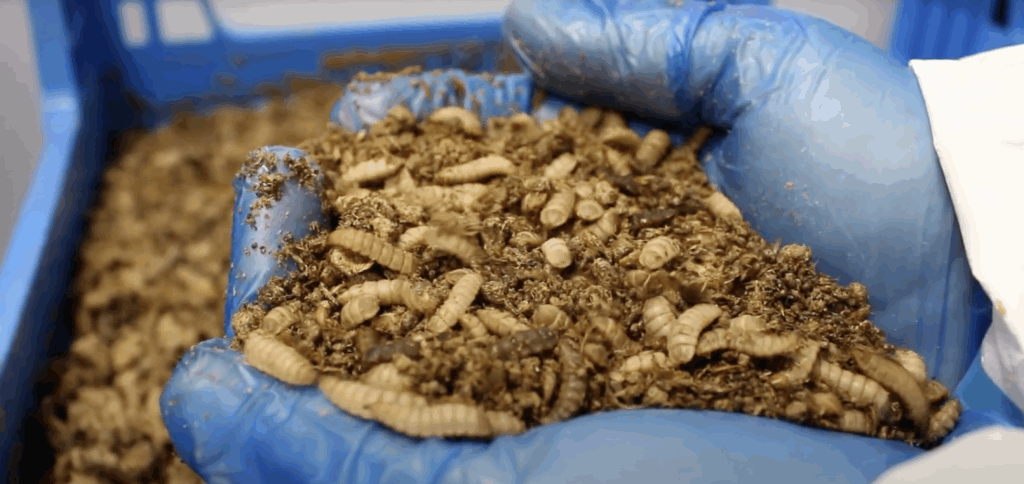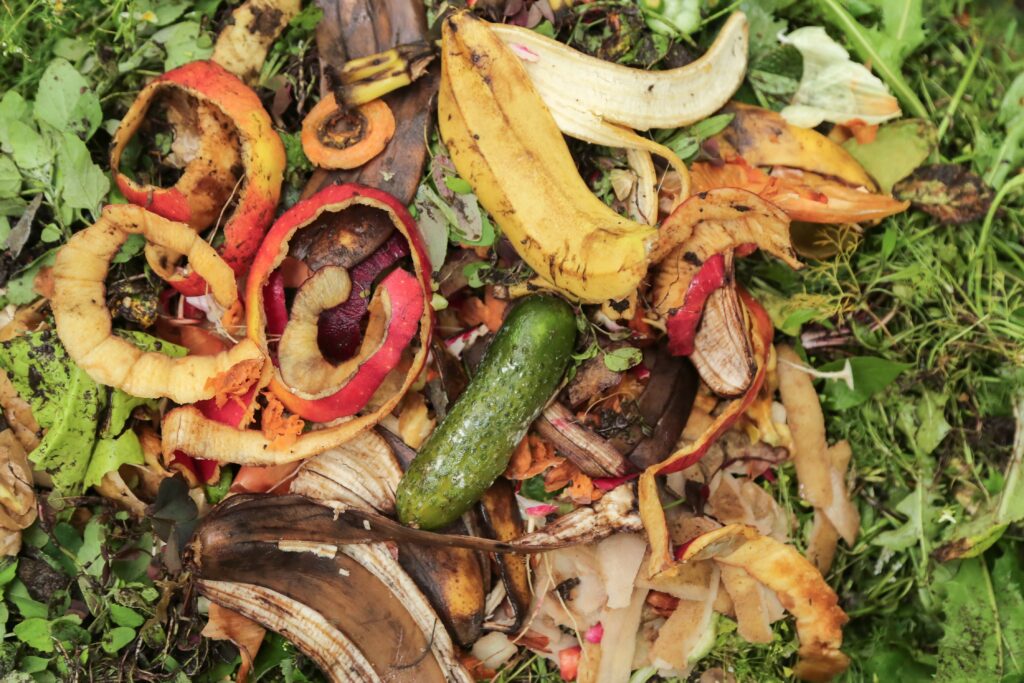The overall tonnage of organic waste recycled at UK facilities increased in 2012 to 7.54 million tonnes, according to the latest annual survey of the industry by the Waste & Resources Action Programme (WRAP).
WRAP hailed the continued growth across the sector shown in the survey, which it said was being driven by a rise in the use of anaerobic digestion (AD) in the UK. The overall amount of organic waste recycled in 2012 increased by more than 300,000 tonnes when compared to 2010.

The report, A survey of the UK organics recycling industry in 2012 was published by WRAP yesterday (October 9). It quantifies the recycling of organics wastes in the UK at composting, anaerobic digestion (AD), and mechanical biological treatment (MBT) facilities.
Data for 2011 has not been produced by WRAP due to a decision to use information purely from operators rather than regulators for the latest survey. Previous surveys used data from regulators on material outputs, which is not available for at least 11 months after the period it relates to.
Using information purely from operators, therefore, has enabled WRAP to release more timely survey results, at the expense of data from the intervening year of 2011. WRAP added that the information it did acquire for 2011 had ‘significant gaps’.
According to the survey, 7.54 million tonnes of organic waste was fed into composting and AD facilities, with a further 2.51 million tonnes of mixed waste input to MBT facilities producing an organic output.
This findings of the previous survey for 2010, published last year (see letsrecycle.com story), showed an overall figure of 7.2 million tonnes of organic waste was recycled in 2010. Just over six million tonnes of organic waste was recycled in 2009.
Head of organics and energy at WRAP, Ian Wardle, said: The report highlights some great things for the industry particularly around continued growth, improved quality and opportunities to generate higher revenue. The industry has always provided an excellent response to the survey with this years being the most comprehensive yet.
UK organics treatment 2012 – input in tonnes (WRAP)

Composting
According to the report, composting continues to be the treatment which processes the majority of organic waste, with 1,370 full time employees in the sector. Meanwhile, the largest market for compost remains agriculture and field horticulture at 68%.
The overall market value of compost increased by 2.2m (24%) to 11.4 million 2010 due to an overall rise in outputs. This is despite a decrease in the mean price of compost for nearly all markets, the survey suggests.
‘The report highlights some great things for the industry particularly around continued growth, improved quality and opportunities to generate higher revenue.’
Ian Wardle, head of organics and energy at WRAP
The survey also found that sites certified to produce PAS 100 generally achieve higher price for their outputs. Furthermore, composting input volumes including for in-vessel composting (IVC) facilities grew by 4% on the 2010 survey to 5.64 million tonnes overall in the UK, when adjusted for the difference in sample from the 2010 survey.
However, the compost output figure for 2012 showed a disproportionate increase in input of 23% compared to 2010. WRAP believes this increase in weight was caused by the exceptionally wet weather in 2012, which led to higher water content of the compost produced or stored.
And, the report states, the landfill restoration market for compost has decreased significantly, partly due to competition from compost-like outputs (CLOs).
AD
In the AD sector, the survey found a growth in the number of AD plants operating in the UK, which WRAP said makes comparing throughput figures for 2012 to 2010 difficult due to the significant change in sample size. The report found a further 34 sites had begun operations in 2012 compared to 2010.
Overall, 1.68 million tonnes of waste was processed at AD sites from an overall operating capacity of 2.07 million tonnes, suggesting a 82% utilisation of capacity.
In the MBT sector, the survey recorded a substantially increased throughput of 2.52 million tonnes for UK MBT plants producing an organic fraction in 2012, with 98% of feedstock deriving from municipal sources.
ADBA
The Anaerobic Digestion and Biogas Association (ADBA) said the survey showed promising results for the AD sector.
ADBA chief executive, Charlotte Morton, said the survey showed encouraging growth in anaerobic digestion through 2012.
She said: The UK is becoming a leading country for AD for a whole range of organic waste streams, including on-site treatment of liquid effluents and food waste from municipal and commercial collections.However we still have a long way to go to realise our potential: the figures show that even following the industrys growth, AD only treats about 7% of UK food waste.
The report was commissioned by WRAP, working in partnership with the Organics Recycling Group (ORG), Anaerobic Digestion and Biogas Association (ADBA), Renewable Energy Association (REA) and the Environmental Services Association (ESA).








Subscribe for free